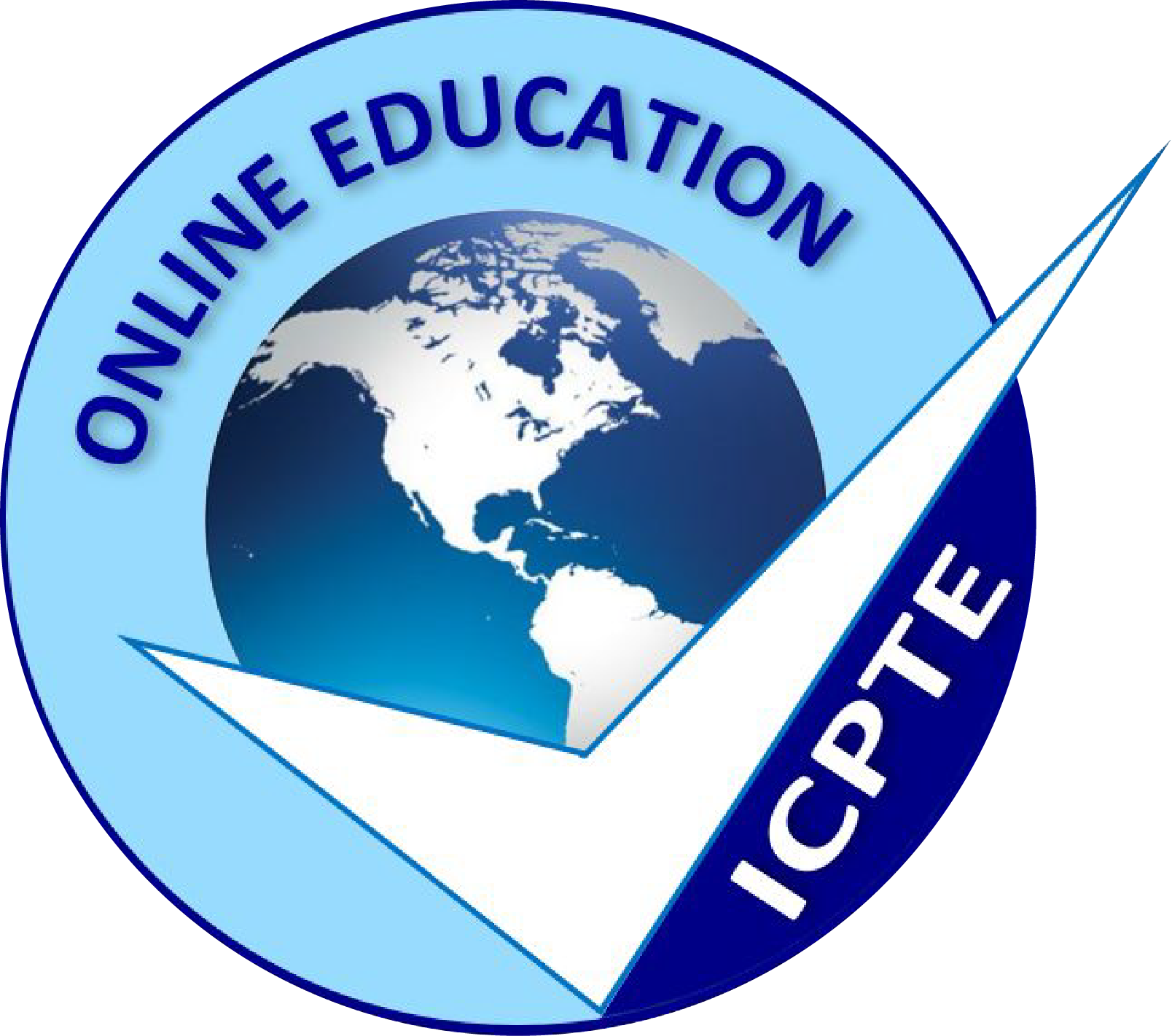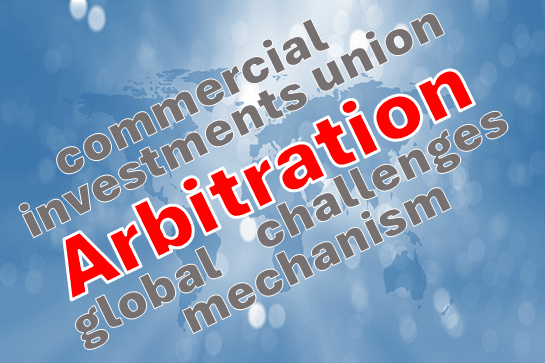5 CPD
Course Description
This course explores the field of investment arbitration, a central mechanism for resolving disputes between foreign investors and sovereign States. It examines how this system emerged as part of the globalization of trade and investment, and why it has become a crucial tool for balancing private economic interests with the sovereign right of States to regulate.
Although investment arbitration has its roots in the mid-20th century, its development accelerated in the 1990s with the rapid expansion of Bilateral Investment Treaties (BITs) and Free Trade Agreements (FTAs) containing investor–State dispute settlement provisions. Today, with more than 2,500 BITs signed worldwide, arbitration has become the default means of resolving conflicts arising from foreign direct investment. This mechanism allows an investor to bring a claim directly against a State before an independent arbitral tribunal. By offering a neutral and internationally recognized forum, investment arbitration has been viewed as a way to provide legal certainty, foster investor confidence, and promote cross-border economic flows.
At the same time, investment arbitration has increasingly been at the center of global debates. Critics argue that it may limit States’ capacity to regulate in areas of public interest, such as environmental protection, public health, or social policy. These concerns have led to reforms and new treaty models, including the European Union’s Investment Court System, designed to enhance transparency, accountability, and legitimacy.
Far from being a purely technical field, investment arbitration stands at the crossroads of law, economics, and politics. Understanding its principles and controversies is essential for grasping today’s international economic order and its ongoing transformations.
Topics covered
The course is split into the following sections:
Section 1: Principles of Investment Arbitration
- Definition of Investment Arbitration: Parties, Objectives, Legal Sources
- Investment Arbitration v. Commercial Arbitration
- The Definition of “Investment” in BITs and under the ICSID Convention
- Procedural Stages of a Treaty-based Arbitration
- Mechanisms of Investment Arbitration (ICSID, UNCITRAL, other centers)
- Common Treaty-based Protections for Foreign Investors
Section 2: Challenges in Investment Arbitration
- Environmental Law and Investment Arbitration: Developments, Tensions, and Case Law
- Human Rights and Investment Arbitration: Separation of Regimes and Emerging Trends
- The EU’s “New Generation” Trade and Investment Treaties: Features, Controversies, and Examples (CETA, EU–Vietnam, EU–Mercosur)
Course Duration
This course may take up to 1 hour to be completed. However, actual study time differs as each learner uses their own training pace.
The course is addressed to:
This course is addressed to students, young professionals, and practitioners who wish to gain a clearer understanding of how investment arbitration works and why it matters in today’s global economy. It is particularly suitable for:
- Law students and graduates seeking an introduction to international investment arbitration.
- Practitioners in law firms, companies, or public institutions who are interested in the basic principles of investor–State dispute settlement.
- Professionals and researchers in related fields (international relations, economics, business, or environmental studies) who want to explore how arbitration interacts with global challenges such as environmental protection and human rights.
- Anyone with a general interest in international economic law and the role of arbitration in resolving disputes between investors and States.
Training Method
The course is offered fully online using a self-paced approach. The learning units consist of power point presentations. Learners may start, stop and resume their training at any time.
At the end of the course, participants take a Quiz to complete the course and earn a Certificate of Completion once the Quiz has been passed successfully.
Registration and Access
To register to this course, click on the Take this course button to pay online and receive your access instantly. If you are purchasing this course on behalf of others, please be advised that you will need to create or use their personal profile before finalizing your payment.
Access to the course is valid for 90 days.
If you wish to receive an invoice instead of paying online, please Contact us by email. Talk to us for our special Corporate Group rates.
Instructor
Dr. Helene Sabalbal holds a Ph.D. in International Law from University Paris II Panthéon-Assas, where her doctoral thesis focused on investment arbitration between European and Arab countries and was later published by a leading French academic publisher. She also holds an LL.M. from Canada, as well as Master’s and Bachelor’s degrees in International and European Law from Paris Nanterre University.
Her academic and professional background includes legal research and practical experience in international arbitration, gained at a global law firm in Paris. She has also published on public international law, investment arbitration, environmental law, and the United Nations system.
In addition to her legal expertise, she has taught at university level and is a sworn translator in Lebanon. She works in four languages (French, English, Arabic, and Russian), which enriches her engagement with international legal practice and scholarship.
See more Courses from Helene Sabalbal


